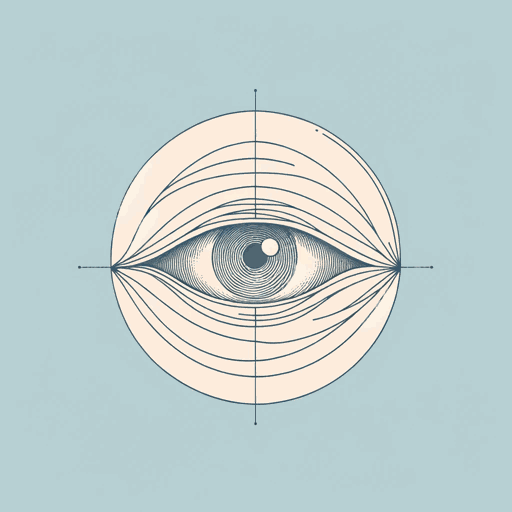37 pages • 1 hour read
George BerkeleyA Treatise Concerning the Principles of Human Knowledge
Nonfiction | Book | Adult | Published in 1710A modern alternative to SparkNotes and CliffsNotes, SuperSummary offers high-quality Study Guides with detailed chapter summaries and analysis of major themes, characters, and more.
Part 1, Sections 34-84Chapter Summaries & Analyses
Part 1, Sections 34-84 Summary and Analysis
In Sections 34-84, Berkeley deals with a series of thirteen objections to the principles thus far outlined. These objections are specifically related to philosophy or science; Berkeley will later deal with religious objections. This group of sections shows Berkeley’s careful and thorough consideration of opposing points of view, typically introduced at the head of paragraphs with phrases like “you will perhaps say” (57) or “But, say you” (60). This part of the book represents a self-imposed test for Berkeley’s arguments. By presenting alternative or opposing views—building on the methods of such previous philosophers as Socrates and Thomas Aquinas—Berkeley bolsters his own views.
Objection 1: Berkeley’s scheme abolishes concrete things in the world around us, replacing them with “a chimerical scheme of ideas” (38).
Berkeley replies that his scheme does not deny the existence of things; it merely denies the existence of “matter or corporeal substance” (39). Berkeley emphasizes that far from leading to skepticism about sense knowledge, his scheme reinforces faith in the senses, as he will show later.
Objection 2: There is a great difference between the real and the imagined—between, for example, thinking about fire and actually being burned.
Berkeley replies that he does not deny this; he only insists that the feeling of being burned exists in the mind and senses, just as thinking about fire does.
Related Titles
By George Berkeley


